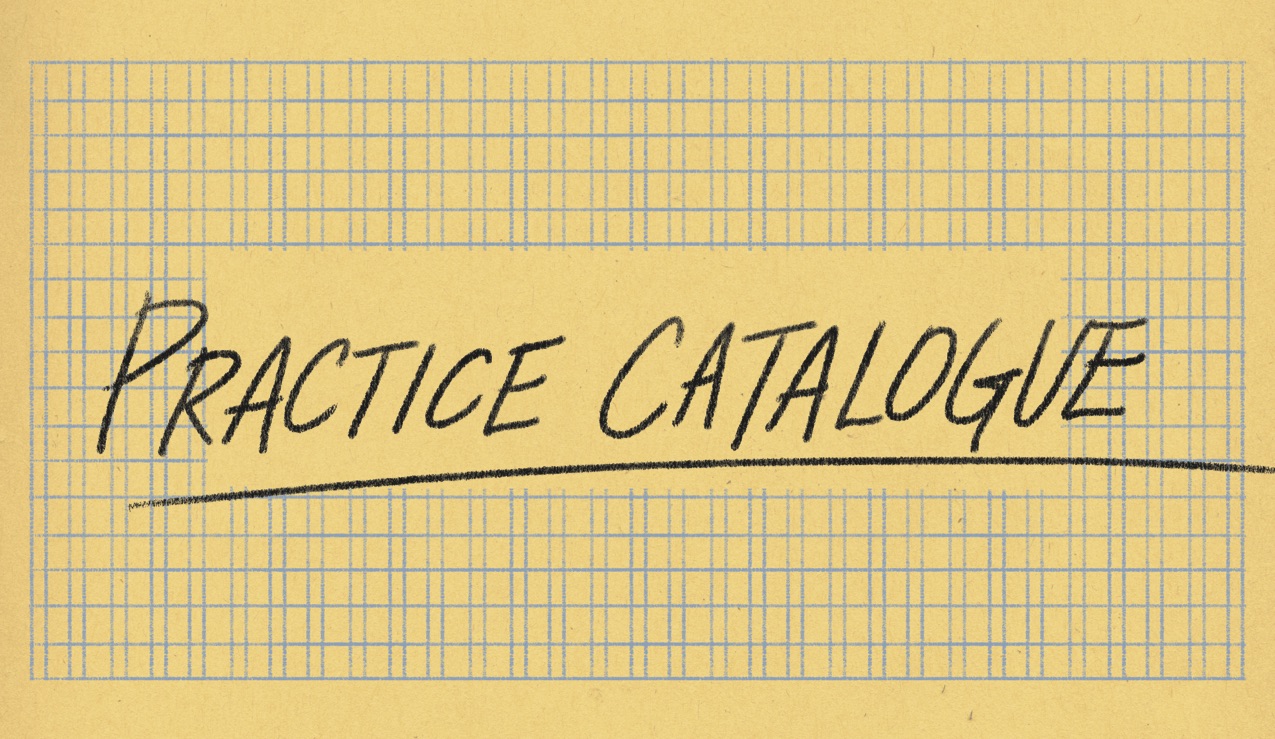Sarah Schweig on Truth
It is said that the Hellenistic philosopher Pyrrho became so skeptical of the world that he couldn’t commit to believing even in the ground he walked on. He became unable to act, unable to speak. His students had to carry him through the streets.
I started to study philosophy because I reached a point in my writing when I couldn’t understand what I was writing or why I was writing it. I got tired of thinking about my stupid little life. I had in me some idea of a larger, necessary truth that I couldn’t reach.
By this time, I had achieved many of the goals I’d moved to New York City to achieve. I had a job. I had publications. By many accounts, I was a writer, the ultimate dream around which I’d structured everything. From my studio apartment, I could see the iconic skyline of lower Manhattan. It started to look like any other object.
One day I went to a talk at my local bookstore. Later, I wrote an overly personal email about my problem to one of the speakers, and then, based on his advice, I wrote another email to another stranger asking if I could sit in on the evening class he was teaching. It was on Kant’s Critique of Pure Reason.
“Human reason has this particular fate that in one species of its knowledge it is burdened by questions which, as prescribed by the very nature of reason itself, it is not able to ignore, but which, as transcending all its powers, it is also not able to answer.” That is just the beginning of the first Critique. I went to every class that fall. I hardly spoke.
This was years ago, and I have been studying philosophy ever since. I went looking for that larger-than-life, non-contingent truth. There is, it turns out, little agreement on what exactly this might be. Instead, I gained ways of thinking about truth. I wrote many things, including a slew of poems called “Contingencies.” I met someone in that first course on Kant and started speaking. I moved out of my studio and we made a home together. We got married so we could devote an actual lifetime to arguing about truth. We will need several lifetimes.
Long ago, before I moved to the city, a mentor told me, “Poetry comes out of life.” It’s a lesson I’m still learning. I’m still writing, and occasionally about my little life (as evidenced here). But I see my life and what I write about it differently now, as something that could gesture toward the universal, even if it never reaches it. This hope keeps me going when I’m writing, and also during those long empty periods when I’m not, when I need something or someone to carry me.
[Sarah’s first book is Take Nothing with You]
